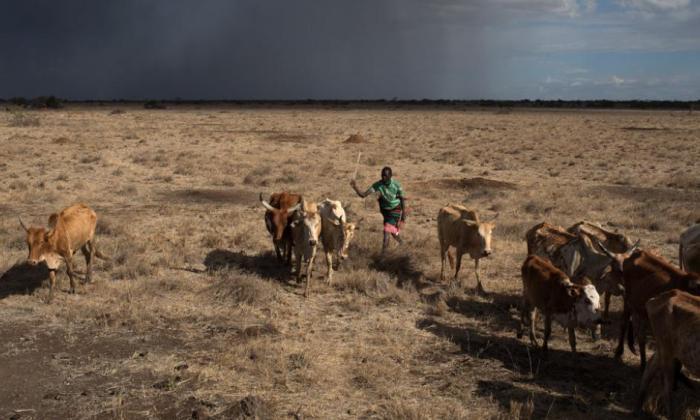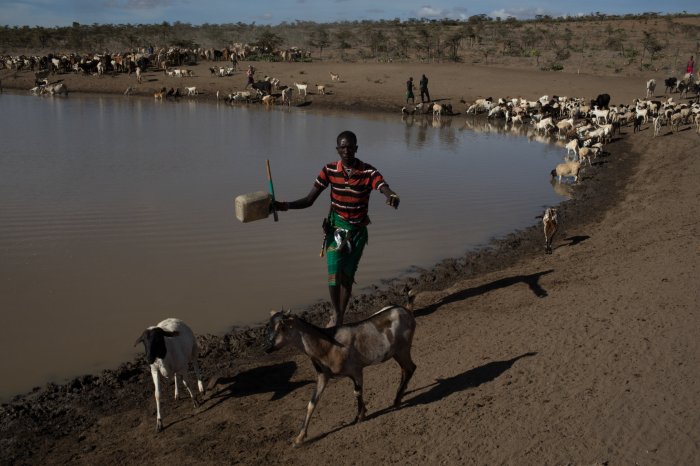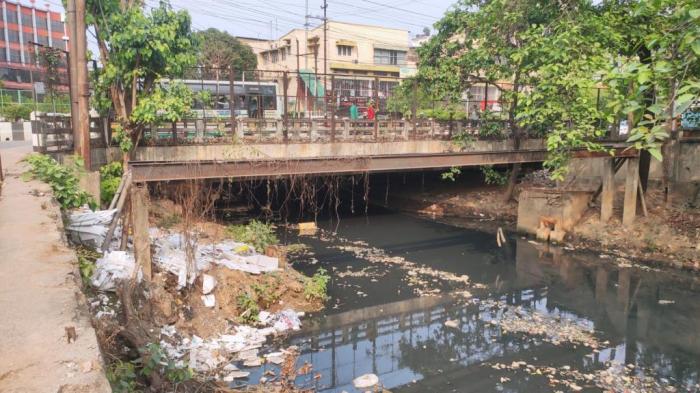Loss of fertile land fuels looming crisis across Africa, setting the stage for a narrative that is both urgent and profound. This crisis, rooted in the interplay of environmental degradation and human activities, threatens the very foundation of food security and sustainable development on the continent.
The loss of fertile land in Africa is a complex issue with far-reaching consequences. Deforestation, urbanization, and climate change are among the major drivers of this crisis, exacerbating the degradation of soil quality and reducing the availability of arable land.
1. Loss of Fertile Land and Its Impact on Food Security

Fertile land loss in Africa is a growing crisis with severe implications for food security. Deforestation, urbanization, and climate change are major contributors to this loss, leading to reduced crop yields and diminished food production. In regions like the Sahel, fertile land loss has significantly impacted food availability, resulting in widespread hunger and malnutrition.
Consequences of Fertile Land Loss, Loss of fertile land fuels looming crisis across africa
- Reduced crop yields and food production
- Increased food insecurity and hunger
- Dependence on food imports
- Loss of biodiversity and ecosystem services
2. Drivers of Fertile Land Loss in Africa: Loss Of Fertile Land Fuels Looming Crisis Across Africa

Deforestation, urbanization, and climate change are the primary drivers of fertile land loss in Africa. Deforestation for agriculture, logging, and fuelwood collection removes protective vegetation, leading to soil erosion and nutrient depletion. Urbanization encroaches on fertile land, reducing its availability for agriculture.
Climate change exacerbates these processes through droughts, floods, and rising temperatures, which degrade soil quality and reduce crop productivity.
Role of Human Activities
- Unsustainable farming practices, such as monoculture and overgrazing
- Improper irrigation techniques, leading to salinization and waterlogging
- Land grabbing and speculation
3. Impacts of Fertile Land Loss on Local Communities

Fertile land loss has devastating impacts on local communities in Africa. Loss of livelihoods, reduced income, and food insecurity are common consequences. In rural areas, where agriculture is the primary source of income, fertile land loss can lead to poverty and displacement.
Women and children are particularly vulnerable to the impacts of fertile land loss, as they often rely on agriculture for food and income.
Case Studies
- In Ethiopia, fertile land loss due to deforestation and erosion has led to food shortages and increased poverty in rural communities.
- In Kenya, urbanization has encroached on fertile land around major cities, reducing food production and increasing food prices.
4. Strategies for Addressing Fertile Land Loss
Addressing fertile land loss requires a multi-pronged approach. Sustainable land management practices, such as agroforestry and conservation tillage, can help protect soil health and reduce erosion. Technology, such as precision agriculture, can optimize crop yields and reduce the need for land expansion.
Governments and organizations can play a role by promoting sustainable land use policies and investing in research and development.
Action Plan
- Implement sustainable land management practices
- Promote agroforestry and conservation tillage
- Invest in research and development of drought-resistant crops
- Enforce land use regulations and prevent land grabbing
- Raise awareness about the importance of fertile land conservation
5. Case Studies and Best Practices

Several initiatives have successfully addressed fertile land loss in Africa. In Ethiopia, the “Sustainable Land Management Program” has promoted agroforestry and conservation tillage, leading to increased crop yields and reduced erosion. In Kenya, the “Urban Agriculture Program” has encouraged urban farming on rooftops and vacant land, increasing food production and reducing pressure on fertile land.
Lessons Learned
- Community involvement and ownership are crucial for success.
- Sustainable land management practices can improve soil health and crop yields.
- Technology can enhance agricultural productivity and reduce land use.
Frequently Asked Questions
What are the major causes of fertile land loss in Africa?
Deforestation, urbanization, and climate change are among the primary drivers of fertile land loss in Africa.
How does fertile land loss impact food security?
Fertile land loss reduces crop yields and food production, leading to food shortages and increased vulnerability to hunger.
What are some strategies to address fertile land loss in Africa?
Sustainable land management practices, such as agroforestry and conservation tillage, can help mitigate fertile land loss and improve soil quality.